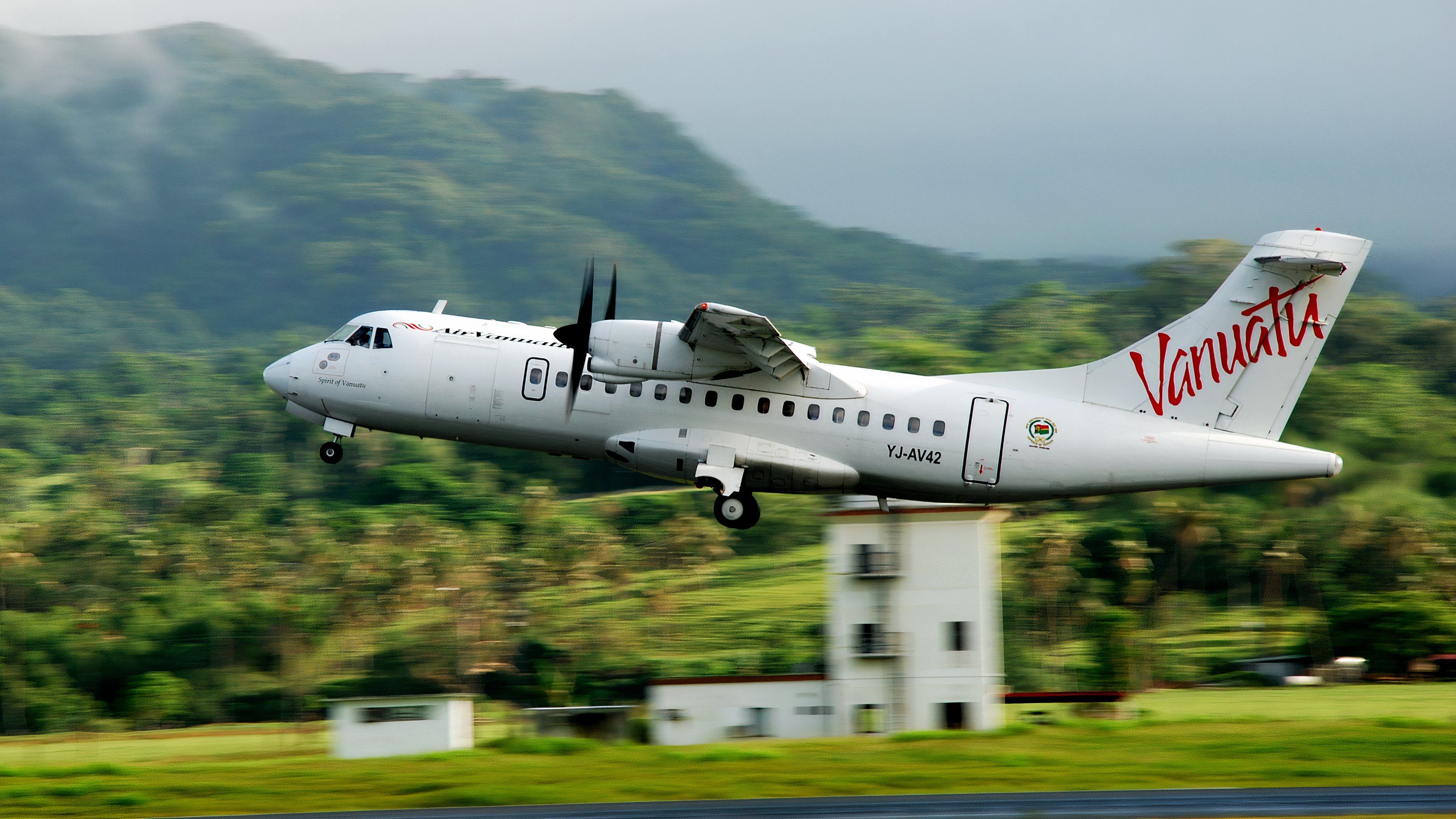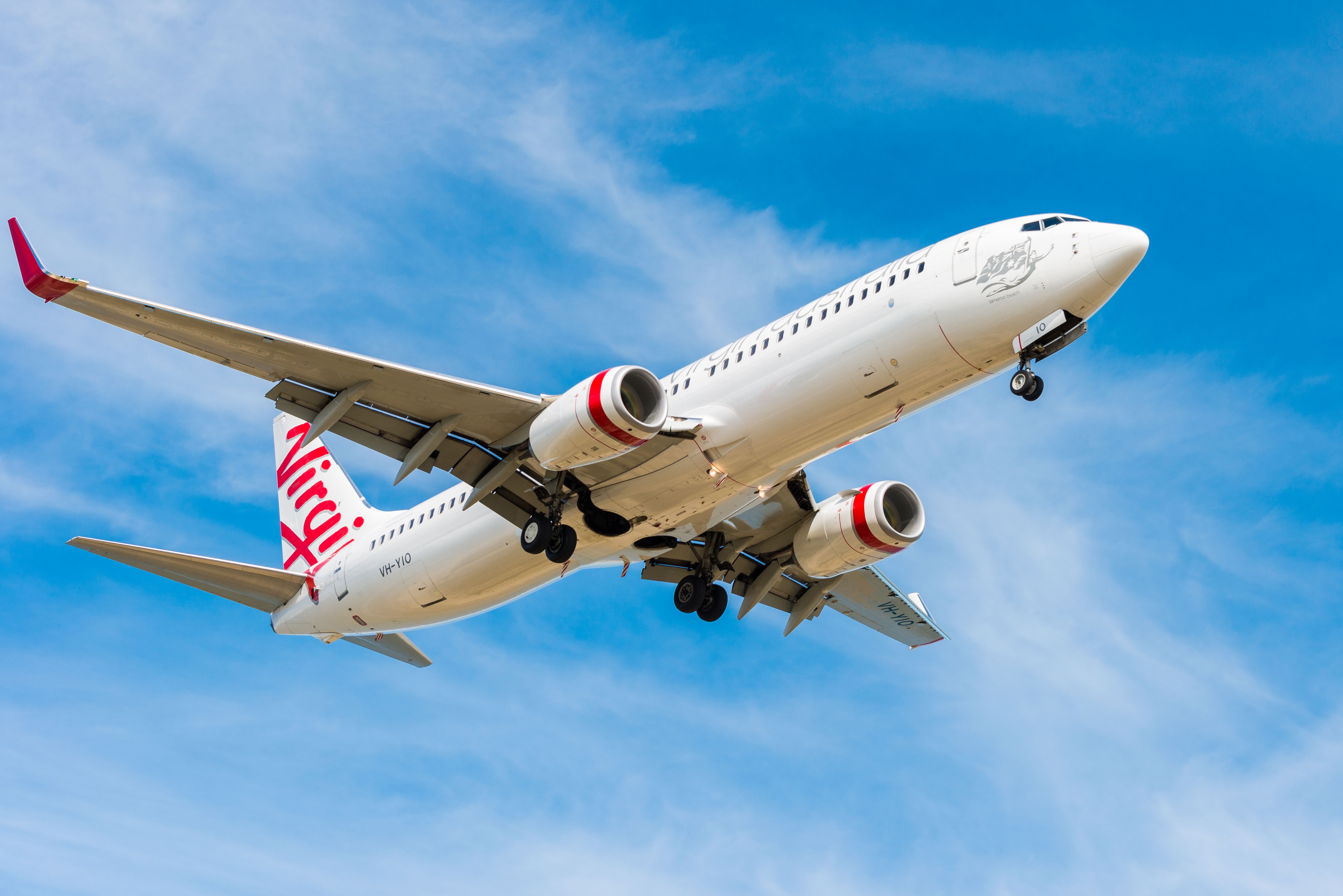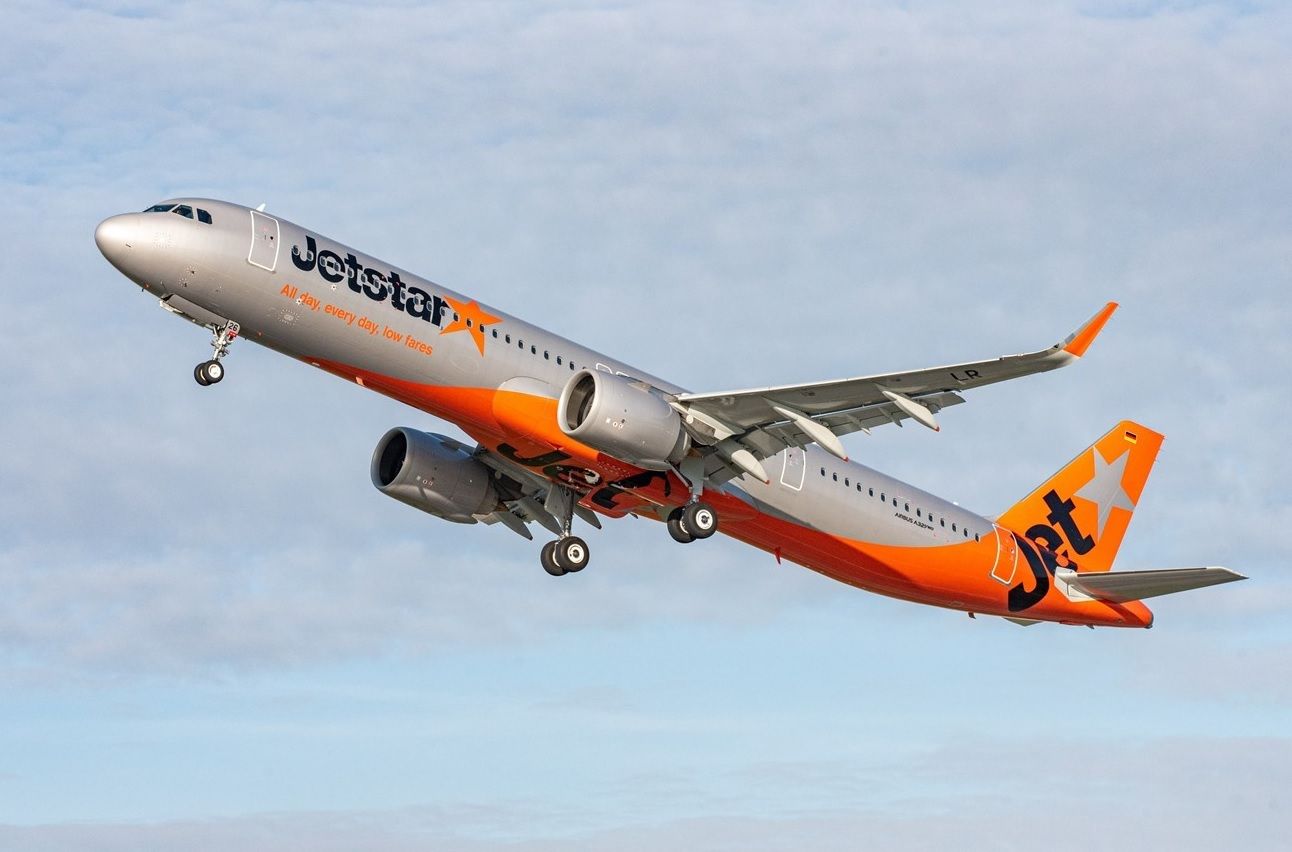Summary
- With AU$110 million in debt and its only jet repossessed, Air Vanuatu’s survival seems bleak without government intervention.
- Potential partnership opportunities with Qantas and Virgin Australia may offer a lifeline for the struggling airline through additional routes.
- The future of Air Vanuatu seems uncertain as competing airlines apply for additional capacity on the Vanuatu route, potentially sealing its fate.
With debts of more than AU$110 million ($73m) and its only jet repossessed, it looks like the only way Air Vanuatu can survive is if the Vanuatu government finds the cash to bail it out, but that’s looking increasingly unlikely. It also begs the question of why the country needs a national airline and, more tellingly, if it can afford one, no matter how much national pride is at stake.
The economics don’t seem to stack up
It’s been a little more than a month since Air Vanuatu fell into the arms of liquidators. At the time, the airline indicated that its sole international jet, a Boeing 737-800, was in maintenance and waiting for parts. The reality is that it has been repossessed, and the liquidators reported that it had only two airworthy turboprops.
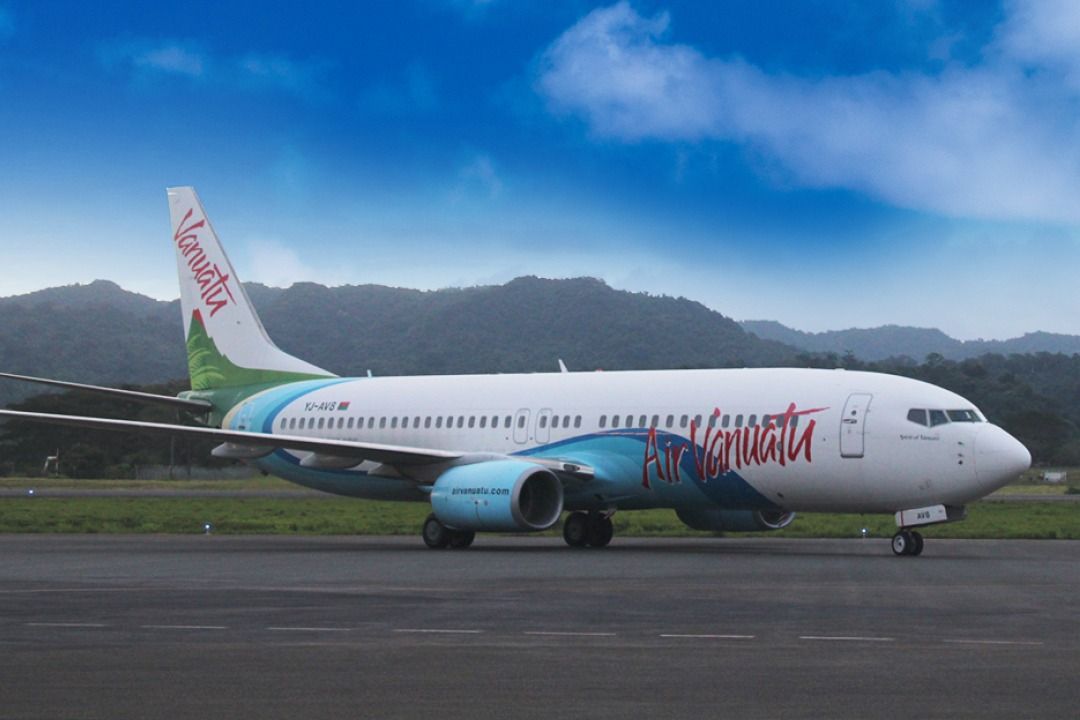
Related
Air Vanuatu Cancels Flights And Enters Voluntary Liquidation
Once again, the sole Air Vanuatu Boeing 737 is grounded in Australia awaiting maintenance, but the airline is now in the hands of a liquidator.
They also said there were more than 4,000 ticketholders with unused flights, and the airline had employed 441 staff, which the liquidator said “was a high number of staff for an operation of the company’s size and nature.”
With just AU$11 million ($7.3m) in assets, it is hard to see a future. Now might be the time for the government to find one or more partner airlines that want to fly the routes previously flown by Air Vanuatu, even if some of those need a government subsidy to make them commercially viable. Thinking along those lines are Australia’s two major airlines, the Qantas Group, which includes low-cost carrier Jetstar and Virgin Australia.
Both airlines have already filed applications with Australia’s International Air Services Commission for additional capacity on routes from Australia to Vanuatu, which didn’t sit well with Fiji Airways CEO Andre Viljoen, who believes the region can look after itself. Virgin Australia was very quick to apply on May 10, which was followed on Tuesday this week by Qantas with an application to launch flights operated by Qantas and Jetstar.
Photo: Peterfz30 | Shutterstock
VA already operates flights from Brisbane to Vanuatu and, during May, upgraded those from a Boeing 737-800 to its new 737 MAX 8 and increased services from two to five per week.
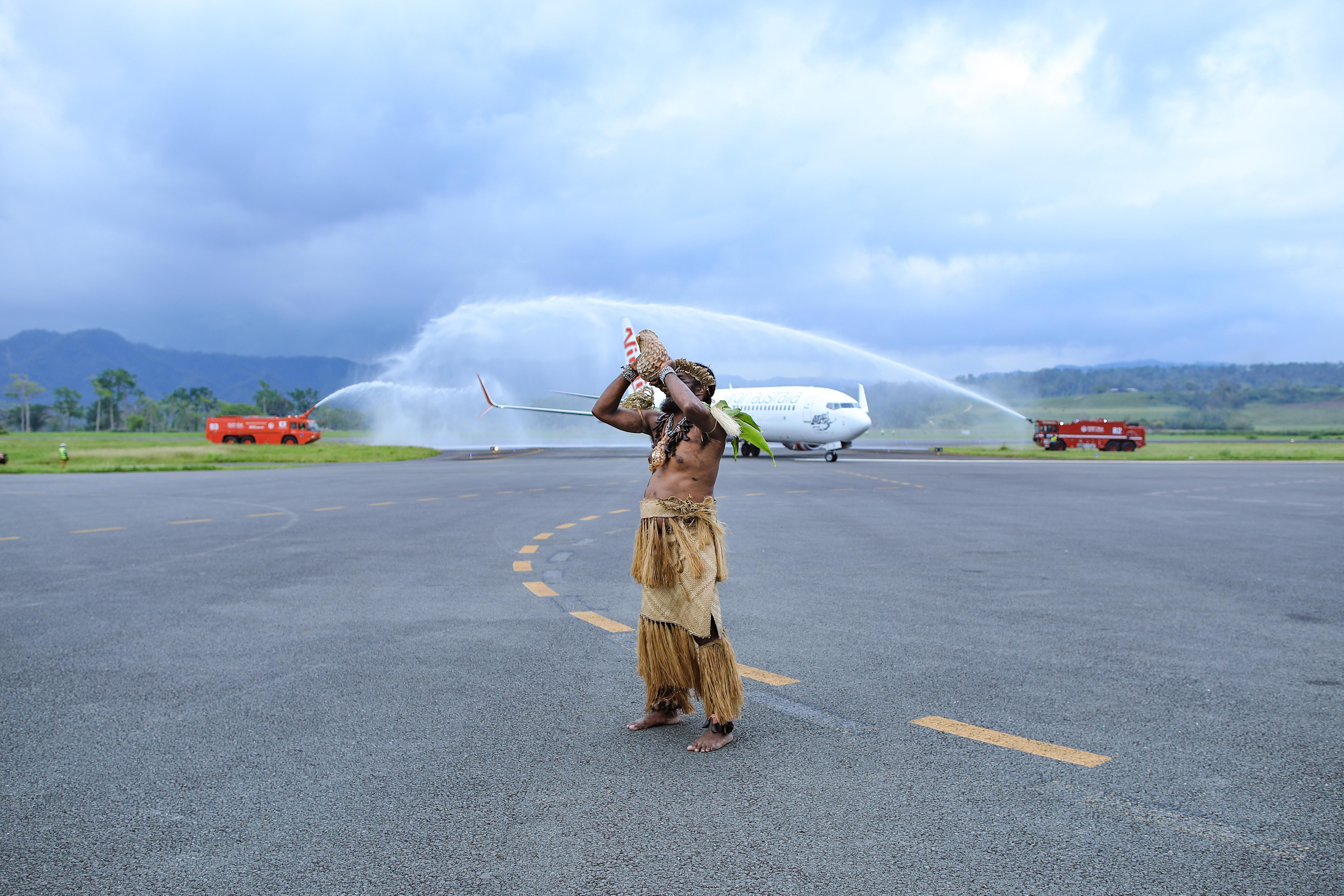
Related
Virgin Australia Returns To Vanuatu After Three Years
Virgin Australia has restarted its service between Brisbane and Vanuatu.
Virgin Australia (VA) is seeking an allocation of 1,304 weekly seats on the Vanuatu route, allowing an additional seven services weekly and a configuration increase from 176 to 182 seats. The airline applied on the basis that Virgin Australia will utilize the capacity; it will be granted for five years and be fully utilized by December 31, 2024.
A big bid from the Qantas Group
Qantas does not currently operate between Australia and Vanuatu and has applied to start services with Qantas Boeing 737s with 174 seats, wet-leased Alliance Airlines Embraer E190s with 97 seats and Jetstar A321neos with 232 seats. Qantas said it would operate up to five weekly flights using the 737 in periods of peak demand from August 2024, while Jetstar will operate up to four weekly services from October 2024.
Photo: Jetstar
Overall, Qantas is seeking an allocation of 1,798 seats per week in each direction on the Vanuatu route on the following basis:
- For a period of five years from the date of Determination;
- The capacity will be fully utilized by December 31, 2024;
- The capacity may be utilized by Qantas, Jetstar or another Australian carrier which is a wholly-owned subsidiary of Qantas; and
- The capacity may also be used by Qantas to provide joint services with any wholly-owned subsidiary and by any wholly-owned subsidiary of the Qantas Group to provide joint services with Qantas.
Based on the CEO’s comments, it seems highly likely that Fiji Airways will also want to get a slice of the action, as will many other Pacific carriers, such as Nauru Airlines, Solomon Airlines or Aircalin. The fact that Qantas, Jetstar and Virgin Australia are already chasing 1,302 weekly seats must be a real deterrent to any other airline resurrecting Air Vanuatu or for the government to chip in much more than AU$100 million to revive the national carrier, so perhaps this is the final chapter in its demise.
How important do you think it is to have a national airline? Let us know in the comments.

